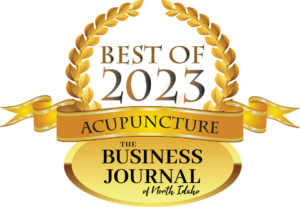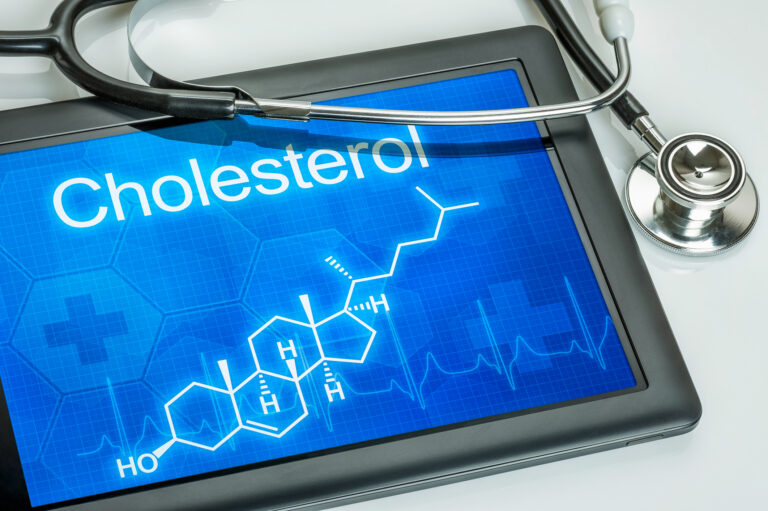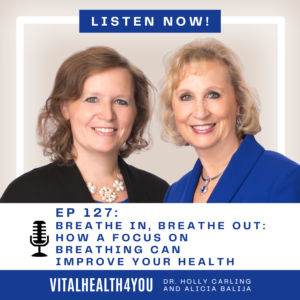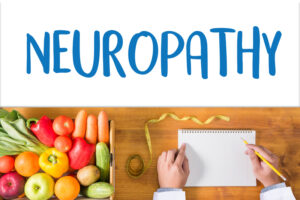In the previous journal article we discussed how high blood pressure is not a disease. Here too, high cholesterol is not a disease either. It is the body’s way of compensating for something wrong. It is a protective mechanism. It is one of many signals the body gives us when it needs help. Medication to lower cholesterol levels sabotages this natural protective mechanism and totally bypasses the cause. These drugs may reduce the numbers, but you still have high cholesterol, and drugs do nothing to eliminate the cause of the problem (sound familiar?).
Cholesterol is coined as a risk factor for heart attacks because there is too much cholesterol in the blood. But…….it may be that the risk factor existed before, and the cholesterol is the result of insult, injury or imbalance that triggers an increased need for cholesterol in the cells involved.
In order to understand this, let’s look at normal. Then we’ll see what goes wrong. Cholesterol is an important fat-like substance, produced by the liver and circulates normally in the blood. When levels of these substances are high the condition is called hyperlipidemia. Cholesterol is what makes our cells waterproof – without it we couldn’t have a different chemistry inside the cells than outside. When cholesterol levels are not adequate, the cell membrane becomes leaky or porous; a situation the body interprets as an emergency and transports cholesterol to areas where it is lacking. Cholesterol is the body’s repair substance.
Cholesterol is needed by the body for many functions. Here are some of them: it is needed for fat metabolism, to develop cells, maintains the strength and pliability of blood vessel walls, precursor to make Vitamin D, needed for mineral metabolism, is a component of brain cells, needed for brain function, component of the myelin sheath that protects the nerves (and for nerve impulse propagation), used in seminal fluid and vaginal lubrication, the basic substance from which steroid hormones like DHEA, cortisol, estrogen, progesterone, and testosterone are produced, needed for normal development of embryos, used to repair and protect tissues, without cholesterol, you can’t digest fats, it is a powerful antioxidant, protects against cancer, plays a key role in the formation of memory, necessary to uptake hormones in the brain, especially serotonin – the body’s “feel good” hormones, needed also for the serotonin receptors to work, precursor to the adrenal corticoid hormones such as glucocorticoids which regulate blood sugar and mineralcorticoids which regulate mineral balance. These hormones also promote healing and helps reduce inflammation.
What’s the difference between “good” lipoproteins (HDL’s) and “bad” lipoproteins (LDL’s)? HDL’s a cholesterol carrier that attaches itself to the plaque deposits and removes them, thereby helping to clear arterial pathways and cells of excess. It is due to this effect that it is considered the good cholesterol. LDL’s carry cholesterol from the liver to the peripheral tissues, including the vascular wall. When cells need extra cholesterol for repair or function, the LDL’s come to the rescue. Between 60-80% of the cholesterol carried in the blood is carried by LDL. LDL’s are not bad! They’re needed!
What makes “bad” LDL’s “bad” is oxidation. In other words, when LDL’s become rancid, they contribute to tissue injury. So what causes them to become oxidized? Consuming damaged or altered fats in the diet introduces unstable, rancid, altered fats to the tissues which are poisonous and harmful. Foods that are stored too long, stale, degraded, denatured, deteriorating, or prepared also contain increased amounts of oxidized cholesterol molecules and fats as well. These foods are short on antioxidants as well. Deficits of Vitamins A, B, C and E complexes and the minerals calcium (ionizable), magnesium, potassium, selenium, as well as essential fatty acids, cause them to be oxidized and therefore damaging. Sugar, and refined carbohydrates increase oxidative damage, inhibit immune functions and interfere with the transport of the Vitamin C Complex which is essential to the integrity of the vascular walls. Sugar also results in elevated insulin levels which may also increase cholesterol levels.
Statin drugs are used to lower cholesterol levels. The most common is Lipitor. These drugs do a good job generally of lowering high cholesterol levels, but the question is do we really want to? They do so at a risk (not to mention they don’t take care of the reason the cholesterol is high in the first place). There are many side effects of these drugs; however, the most disconcerting to me is that it contributes to heart failure.
Homocysteine is a better marker of cardiovascular disease than cholesterol is. Homocysteines are released as a result of tissue damage and impair vascular elasticity. Homocysteine is a natural regulator of leukocyte (white blood cell) behavior, activating them when tissue damage has occurred in order to heal the damage. Elevated homocysteine levels do not increase cardiovascular risk, rather are an indicator that tissue damage is occurring, which can eventually cause cardiovascular disease. But if they accumulate too long, they themselves can cause the tissue damage. Vitamins E and C lower homocysteine levels, but Vitamin C as ascorbic acid causes a B12 deficiency which contributes to elevated homocysteine levels. Other causes of concentration of homocysteine include: stress, damaged dietary fats, refined sugars, poor absorption (digestive incompetence and poor intestinal flora), liver imbalances, disease or toxic overload, diabetes, chronic illness, tobacco, coffee, alcohol, most statin drugs, synthetic niacin (nicotinic acid), hypothyroidism, hormone replacement therapy, lack of physical activity, obesity, and psychological factors such as hostility, stress, anger and depression. There are many ways to bring cholesterol into healthy levels. The most important thing to do is to determine why your cholesterol is high in the first place. Lifestyle improvements such as a healthier diet, supplementing the deficiencies with quality nutritional products, exercising and reducing stress, will naturally normalize cholesterol levels. It means that the body no longer requires the repair or protection the cholesterol was providing.
©2005 Holly A. Carling, O.M.D., L.Ac., Ph.D.







